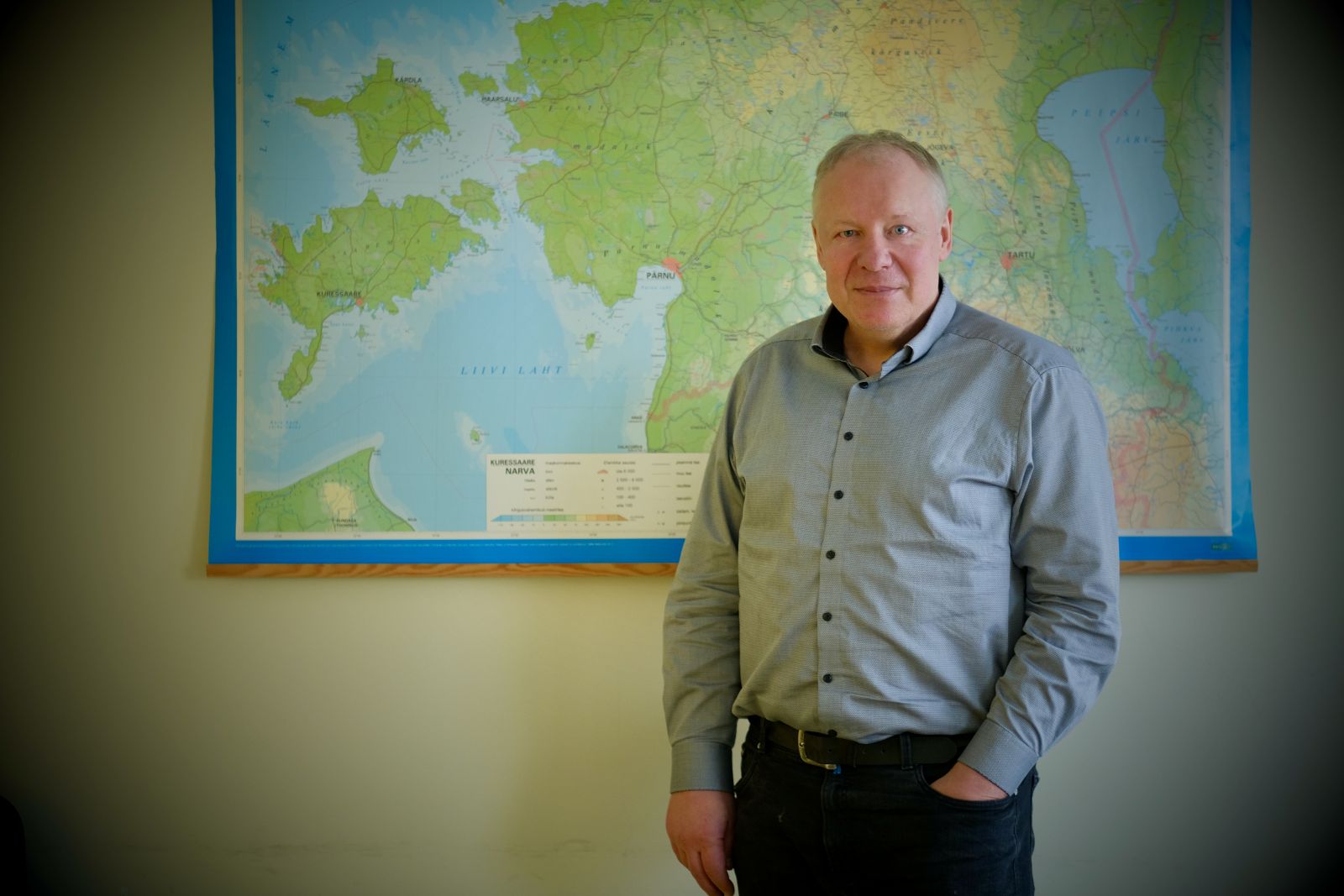
Green and blue infrastructure is a strategically planned and delivered network of high-quality green and blue spaces and other environmental features. It should be designed and managed as a multifunctional resource capable of providing a wide range of environmental and quality of life benefits to local communities.
Green and blue Infrastructure includes forests, rivers, coastal zones, parks, eco-corridors, and other natural or semi-natural features, which constitute critical elements for ecosystem services provision. This topic is closely related to climate change, which affects cultural and social aspects. Green, Blue, and Grey Infrastructure need to be planned together – with equal priority.
About 20 European and Asian universities are involved in the URGENT project, which forms an extensive partner network. In the following years, project teams from countries such as Germany, Estonia, Italy, Mongolia, and India will cooperate on this topic. We can learn from each other to strengthen cooperation. Our Network will consider the ecological concept of green corridors, which has European origin, and the practice of creating green urban areas of Asian cities, which are often more developed today than in Europe.
We are going to present a detailed study of the aspects of planning. We have to develop six new meta modules that each country can apply into practice, based on its traditions and specific frames of the country, planning legislation, and existing experience.
We will also conduct an audit of the courses on the topic already available at each of the universities during the project, which prepares such professions to implement knowledge as architects, environmental engineers, and landscape designers.
As part of the project, we plan to update 60-80 credits and create six thematic clusters:
All member countries are signatories to the Convention on Biological Diversity, which has specific implementation targets until 2030.
The local background for landscaping and planning territories will help to think over how to give the project territories more functions, integrate citizens into them, and attract people's attention. Of course, each country has its characteristics that require detailed planning and selection of tools - the climatic features of permafrost in Mongolia for selecting plants, for example, or cleaning up pollutants from rivers in India can be such important aspects and challenges for planning.
The project team from the Estonian University of Life Sciences includes
Me, Professor and Head of the Department of Environmental Protection and Landscape Kalev Sepp; Senior Researcher in Biodiversity, Urban planning, and fusion of science and politics Anton Shkaruba; Professor of Biodiversity and environmental planning, Nature conservation policy and planning Mart Kulvik; Head of the chair, professor recreation, landscape, and visual impact assessment Simon Bell, IT specialist Veljo Kabin and Junior researcher and environmental engineer Volha Kaskevich.
As part of the project, we will share our academic research experience, science, philosophy, and technology. Author's supervision and quality control of the project is also on us, where it is planned to create sufficient potential for sustainable maintenance of URGENT curricula and training content; updates of existing and developing new Ph.D. programs and research base and revision of existing and development of new undergraduate/graduate courses.
EMU is also responsible for the GBI & NBS Science, Management, and Policy two-week summer school, which will occur in Tartu next year.
During COVID, we have gained extensive experience in the implementation of the e-learning process. We plan to develop URGENT e-services that aim to build sufficient capacity to support curricula sustainability and learning content, including an open education platform - educational multimedia Scientific module for doctoral students, faculty, and staff training (E-science module). E-science module is a platform to bring universities and faculties together to use the same capabilities, databases, open-source software, literature and data resources, etc.